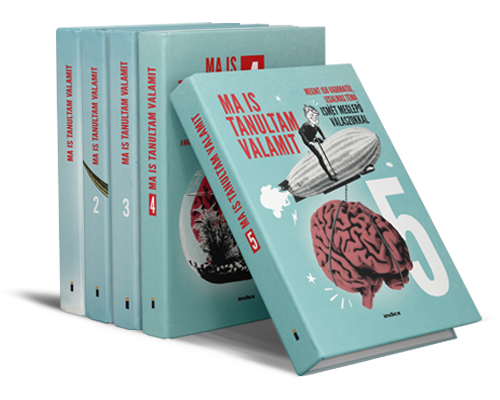Psychologists From his investigations Genuine curiosity has been shown to reduce aggression, is associated with intimacy, opens us up to others, and leads to better responses to others. It turns out that one of the best communication strategies is not setting boundaries, listening, or negotiating, but rather the curiosity we bring to others. It has emerged as one of the most effective relationship-building strategies. And it has been shown to work in all areas of life, as Todd Kashdan and colleagues have shown in their research.
honest questions
Curiosity is associated with less aggression because we pay attention to the other person, listen, and therefore do not jump to conclusions, react out of anger, or have sudden biases. These stereotypes that carry negative value judgments can be avoided if we imagine ourselves in the other person’s place. If we understand why the other person acts the way they do, we will not be biased either.
If I listen attentively, absorb information, and at the same time examine myself so as not to make snap judgments in the absence of information, I will also become more empathetic. This is also the basis of mindset. We make you aware of what we are thinking, feeling, and acting at a given moment.
A previous study looked at how curiosity affects intimacy and found that
Those who can enter into more curious and intimate contact with others can form more direct relationships.
It also encourages new relationships, and genuine interest can lead to deeper bonds.
If the other person is hostile or the situation is uncomfortable for us, curiosity can still get us out of trouble: we can react more effectively with his help. Often we do not understand why the other person behaves in a way we do not like, and we may call him “stupid” or uneducated. Unless we are curious, because we prefer to approach him with interest in what he is doing and why.
Curiosity can be learned.
But can curiosity be increased? What if a person is not born curious at all? Even in this case, you can train yourself to do so, and you can consciously start asking questions of the other person, others. It is advisable to ask first and not attack or reject the other person. For example, if someone is late, we first find out the specific reason. Let us listen to the other person's story and point of view before rejecting or taking a negative attitude towards them.
Of course, it is easier to judge and criticize than to approach the other person with curiosity. Caring requires more work than resignation. On the other hand, a quick judgment can deprive us of a new and valuable relationship, friendship, or acquaintance.
The Kashdan family’s investigation also revealed that most of us tend to live with occupation-based biases as well. Unbeknownst to us, we think of a teacher differently than a plumber. We associate them with hobbies and appearance, even though we don’t know them, just their profession. We automatically judge them instead of asking about their motivations, why they chose a particular profession, or what their personality is behind their profession. And if we were curious, we wouldn’t make negative judgments in advance either, because we get to know the other person first.
![]()









